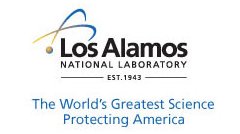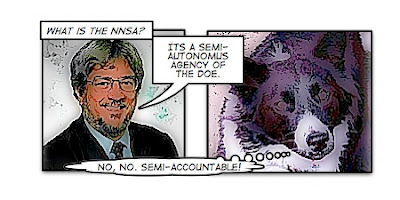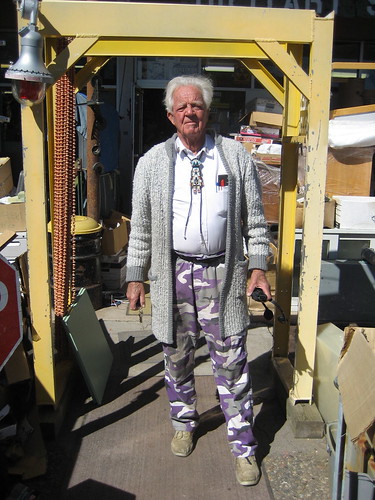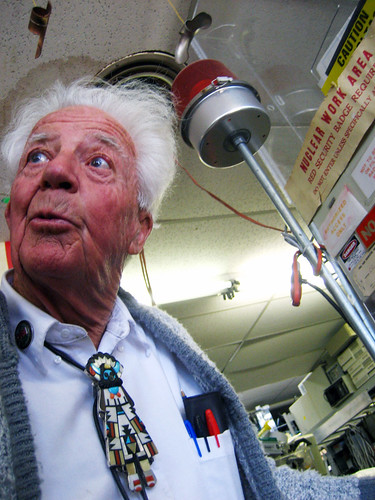Forensic Pathology is now heaped on top of the steaming pile...

This memo was forwarded to us by numerous interested parties:
The problem of false-positives has never been addressed...
Careers are at stake. So is national security.
To/MS: LANL EmployeesFrom/MS: Roger L. Hagengruber, MS A105
Phone/Fax: 606-2263/606-2264
Symbol: DIR-CCSO: 07-010
Date: April 30, 2007
Subject: DOE Polygraph Program
For some years, DOE has been planning to implement a polygraph
policy as part of its counter-intelligence (CI) program.
Recently, LANL was notified of the official commencement of
random counter-intelligence scope polygraph examinations for
personnel in certain “high risk” categories. These exams will
cover employees across the NNSA facilities including LANL. In the
past week, we have received a list of names of individuals at the
lab that will be contacted soon to set up the schedule for their
polygraph. This memorandum is intended to announce the new
program and to provide you with some explanation of the
situation.
The letter of notification that we received is reproduced in part
below:
“Effective October 30, 2006, the Department of Energy issued
10CFR 709 Counterintelligence Evaluation Regulations.
Subparagraph 709.3 explains the provisions covering Random CI
Evaluations, including the requirement to complete a counter
intelligence scope polygraph examination. The Counter
Intelligence Evaluations Division (CIED) is responsible for
administering this program.
This regulation may be accessed on the DOE Homepage under the
National Security, Intelligence and Counterterrorism tab. ……..”
In our discussions with DOE, it became apparent that LANL had
essentially no choice in shaping the policy implementation for
the lab. Per direction from DOE/CI, LANL provided names and other
data for all people in the categories that they specified. Some
of this information was conveyed to DOE/CI via NNSA or IN. This
included all personnel at the laboratory with the following
accesses or clearances:
1. NNSA Special Access Programs (an access requiring a Q)
2. SCI (a clearance)
3. Classified computer system administrators (a position
within LANL)
4. Sigma 14 and 15 (an access within RD)
5. All LANL Counter Intelligence personnel (a position
within LANL)
6. All personnel within the Human Reliability Program at
LANL (HRP) (an additional personnel vetting process at LANL)
(Some of these categories have already required that a security
agreement be signed that included an acknowledgement that the
signer could be subject to a polygraph examination.)
All people in the above categories will be subject to random as
well as investigatory polygraph examination. If informed to
present themselves for a polygraph, they are to understand that
participation is mandatory. Should they fail to pass the test,
they will be removed from the pertinent category list and will
not be allowed to participate in any of the other categories. If
they choose to object now to the implied participation in the
polygraph program, they will immediately become ineligible for
any of the accesses or programs listed. They will be informed
that failure to participate in the polygraph program by itself
will not affect their basic security clearance.
The total number of names submitted by LANL numbers over 5000
(for Sandia some 3800). We expect the random sampling rate to be
a few percent at most per year since the capacity for exams is
limited, which means that the likelihood of being called in any
year is very small. The LANL/CI organization will notify
individuals when we are given a list of people that will be
contacted directly by DOE/CI. The Chief Security Office and CI
will schedule sessions to explain the polygraph program and to
help people prepare.






















 Pat and Mike Go Blogging
Pat and Mike Go Blogging 










 (bwahahahaha..haaaa....!)
(bwahahahaha..haaaa....!) 








